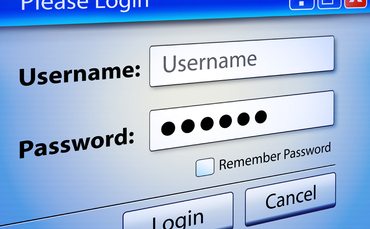Intel created World Password Day (the first Thursday of May, which is May 7 in 2020) to address the critical need for solid passwords to protect our critical assets such as our bank accounts, our health records or maybe just our emails. We spoke with number of experts to highlight the importance of password and what are the best practices to create an effective password.
The opinions expressed in this post belongs to the individual contributors and do not necessarily reflect the views of Information Security Buzz.



